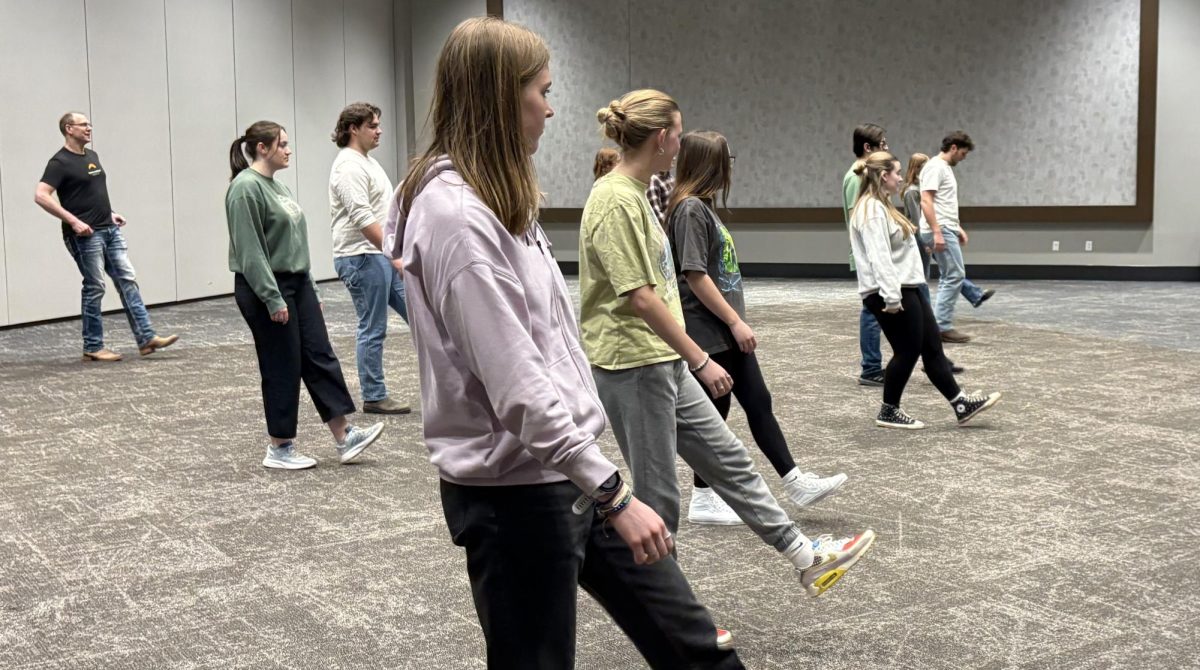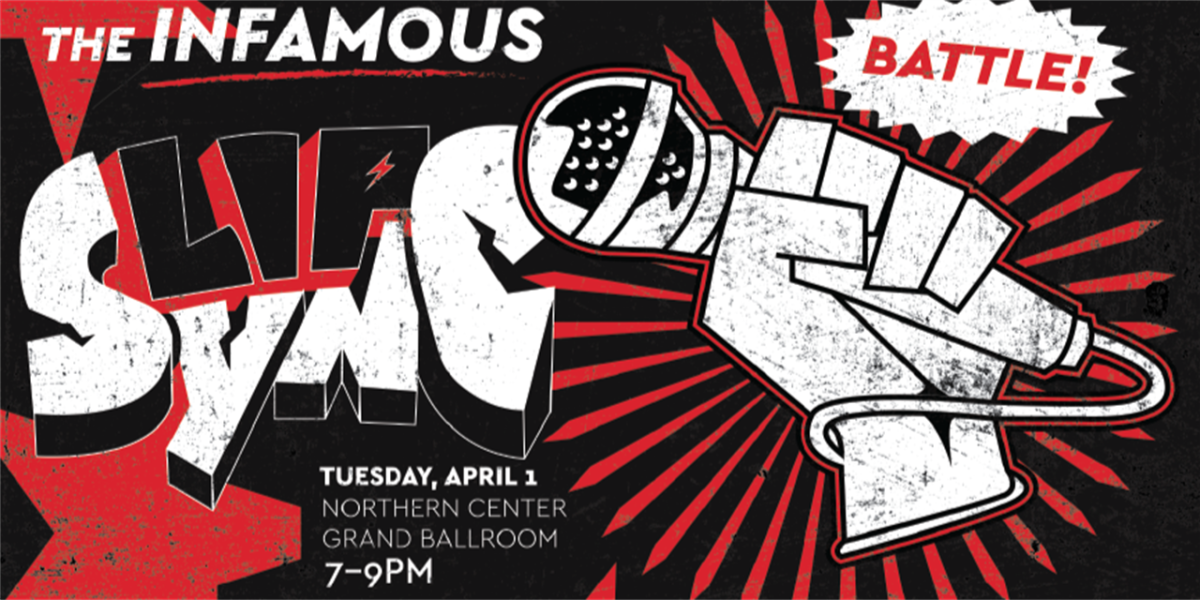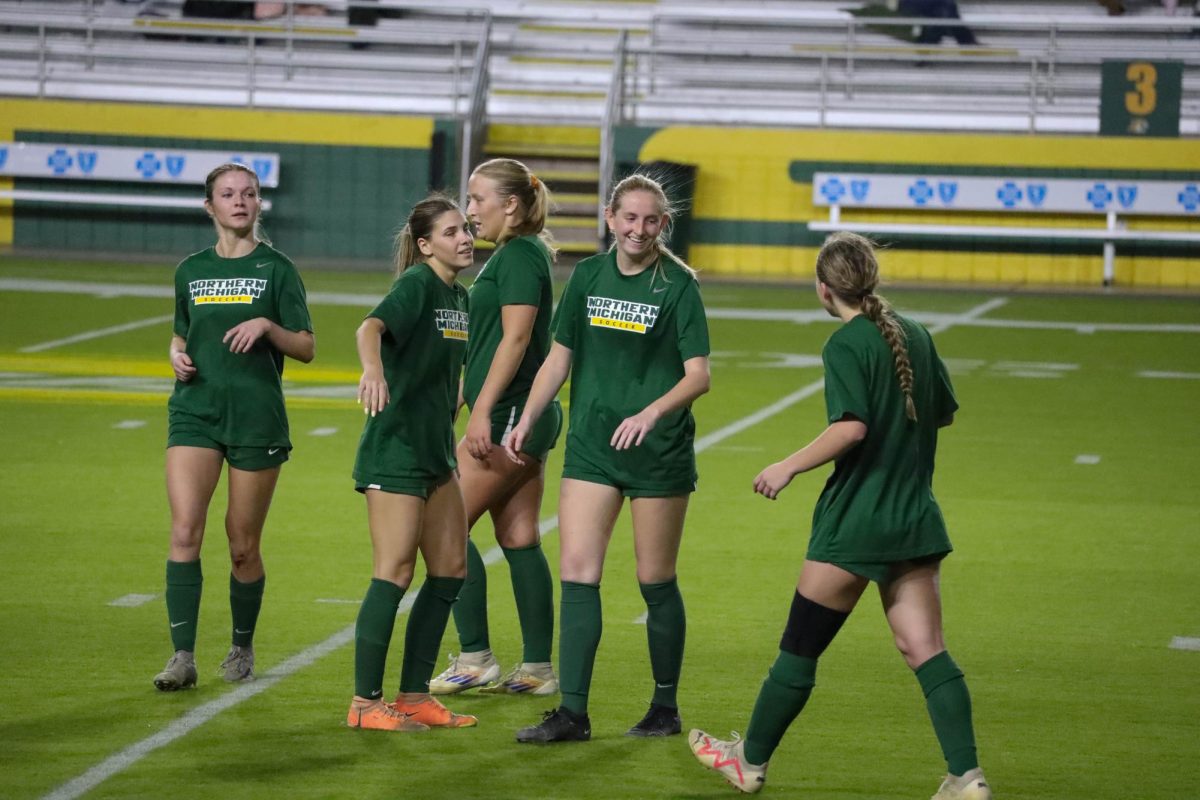Let’s take a break from all the infectious political squabbling of election season to discuss another disease in our country: devolving virtues. Our nation’s peril is epitomized by the shifting definition of the old ideal “American Dream.”
What does that even mean? To the immigrants coming through Ellis Island at the turn of the 20th century, that dream was embodied in the words of the patriotic song “My Country, ’Tis of Thee” that rang, “Sweet land of liberty.” At the heart of the American Dream is freedom—a freedom so dear to our Founding Fathers, they secured many of our liberties in the Bill of Rights. The freedom to live our lives peacefully is written into the very bylaws of our nation. Even before the Constitution, the Declaration of Independence demanded for Americans the “unalienable right” of “Life, Liberty and the pursuit of Happiness.”
But freedom means nothing if we don’t exercise it. Freedom of speech is silenced when a meek tongue chains itself, freedom of religion is stifled if the spiritual are too apathetic to put their faiths into practice, and freedom of petition is dead when Americans are too oblivious to confront their government’s grievances. In short, we need to be grateful for our liberties and actually put them to good use for society’s sake and our own.
America was also considered “the land of opportunity,” where social classes and occupational choices were less rigid than in other countries. Sure, some interpreted that as best case scenario you serendipitously fall into a pile of money or discover oil in your backyard; but for most immigrants, they just hoped that if they worked hard and stayed out of trouble, they could earn a good enough living for themselves and their families. And that used to be enough.
I’ve noticed a real attitude of entitlement in our country, especially among some young people, myself included at times. We think we’re entitled to that crappy fast-food job we complain so much about, entitled to that A in class, that college degree and that career when we graduate. But all of those accolades of life require effort. They take time and elbow grease, and sadly too few today are willing to put enough in. Give it “the old college try” used to mean doing your best—today it means showing up to class late in your pajamas and only on exam day.
Somewhere along the line, the work ethic in our generation was stunted. We go through life expecting others to do their jobs and do them well. Firefighters should rush to the scene, not hit the snooze button on a 5-alarm-fire; and dentists better pull the right teeth. But when it comes down to the responsibilities in our own lives, when was the last time you gave 110 percent to classwork or to flipping burgers?
I’m not criticizing college graduates for moving back in with their parents for a time, saving some dollars until they can get a job and a place of their own. That’s awesome if parents are that generous. What’s not OK is waiting around until the job you think you “deserve” falls into your lap. Chances are, your first “grown-up” job isn’t going to be exactly what you want—heck, you’re lucky if it’s vaguely related to your field. But your first job is going to be just that—your first job—not your last. Remember that how you perform and the lessons you learn at the job you don’t care for—or in the class you hate—will make you a better person for when that dream job does amble along. The most vital aspect of “getting off to a good start” is starting.
Opportunities are all around us, but we must actively take advantage of them. If we just put in those late nights and early mornings, sallying forth through
battlefields of homework and odd jobs, we’ll be stronger people and Americans that would make our forebears proud, and maybe, just maybe, the American Dream wouldn’t be such a pipe dream after all—it’d be alive and well in the hearts of the grateful,21 free and the hardworking brave.

























